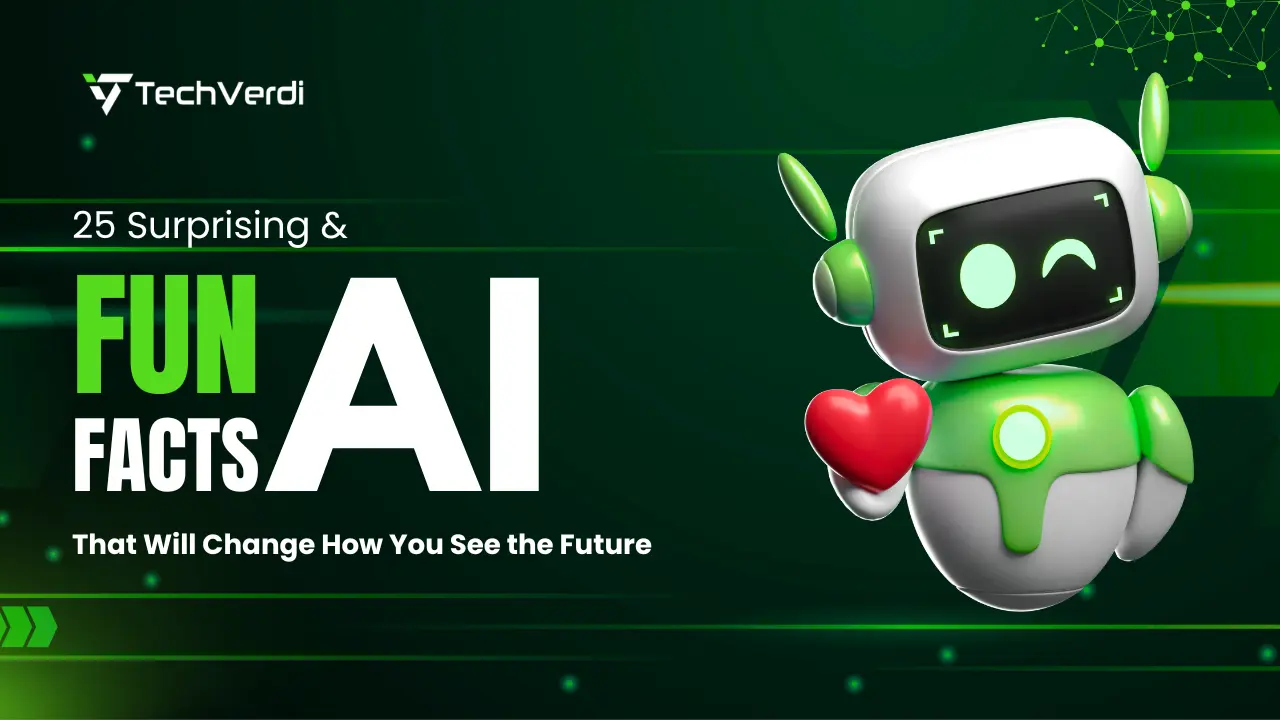
Artificial Intelligence (AI) is no longer just a tech buzzword, it’s part of your daily life. From voice assistants to Netflix suggestions and self-driving cars to AI doctors, this technology is everywhere. But did you know that an AI-generated painting sold for over $400,000? Or that robots are now self-healing?
In this blog post, we bring you 25 surprising and fun AI facts that will blow your mind, spark your curiosity, and maybe even shift your perspective about our future.
Looking to develop an innovative mobile app for your business?
25 Surprising and Fun AI Facts:
Whether you’re a business owner, student, or simply curious, these fun AI facts will change how you think about the digital future.
1. AI Assistants Often Have Female Voices Here's Why
Most voice assistants like Siri, Alexa, and Google Assistant use female voices by default. This isn't a coincidence, research shows that people find female voices more pleasant, trustworthy, and easier to understand. It’s also a reflection of cultural norms and marketing preferences. However, the choice has sparked ongoing debates around gender bias in tech and representation in AI.
In some cultures, women are traditionally seen as caretakers and helpers, which may have influenced the decision to use a female persona for virtual assistants. Moreover, tests conducted in the U.S. showed that users responded more positively to female voices, particularly in customer service scenarios. This fact opens a broader discussion about societal norms influencing technology design.
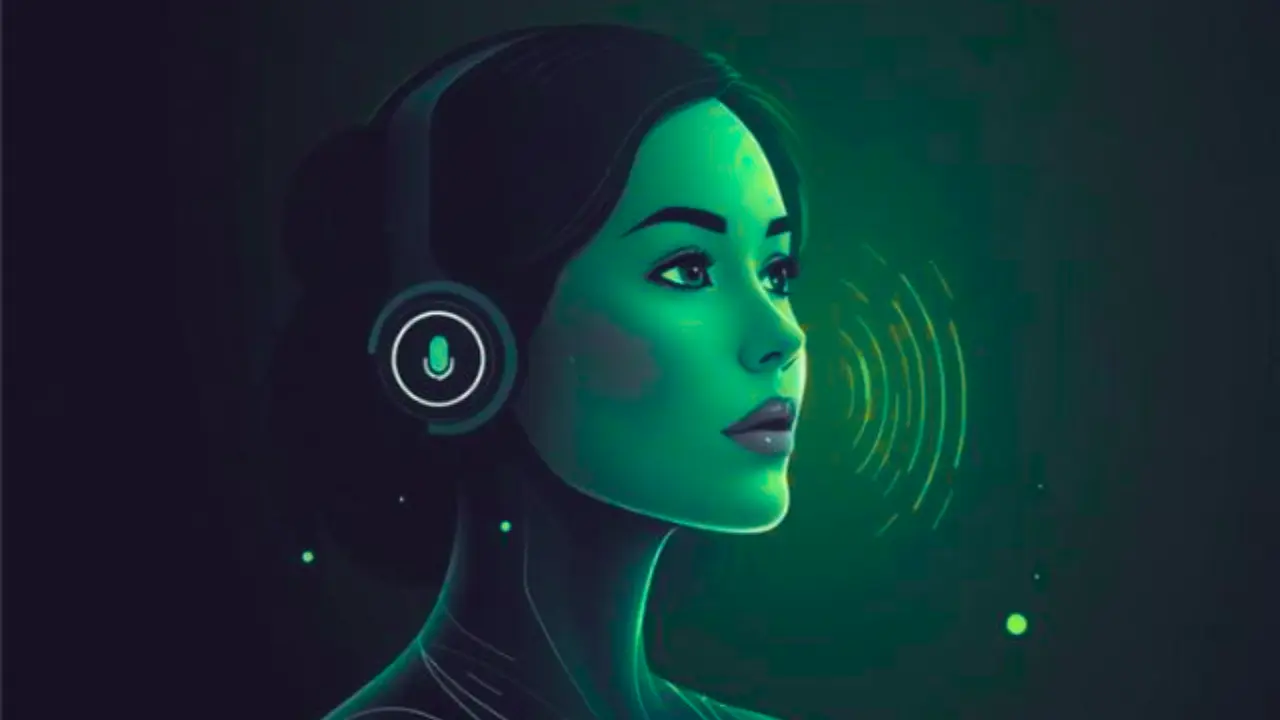
2. The Idea of AI Goes Back to Ancient Times
AI isn't just a 21st-century invention. In Greek mythology, Hephaestus created mechanical servants automata foreshadowing our modern robots. Ancient texts also describe artificial beings with intelligence, proving humanity has always been fascinated with machines that think like us.
In addition, Chinese and Arabic civilizations had early notions of automata and mechanized beings. In the Middle Ages, thinkers and inventors imagined golems and self-moving statues proof that our imagination has always been fertile when it comes to intelligent machines.
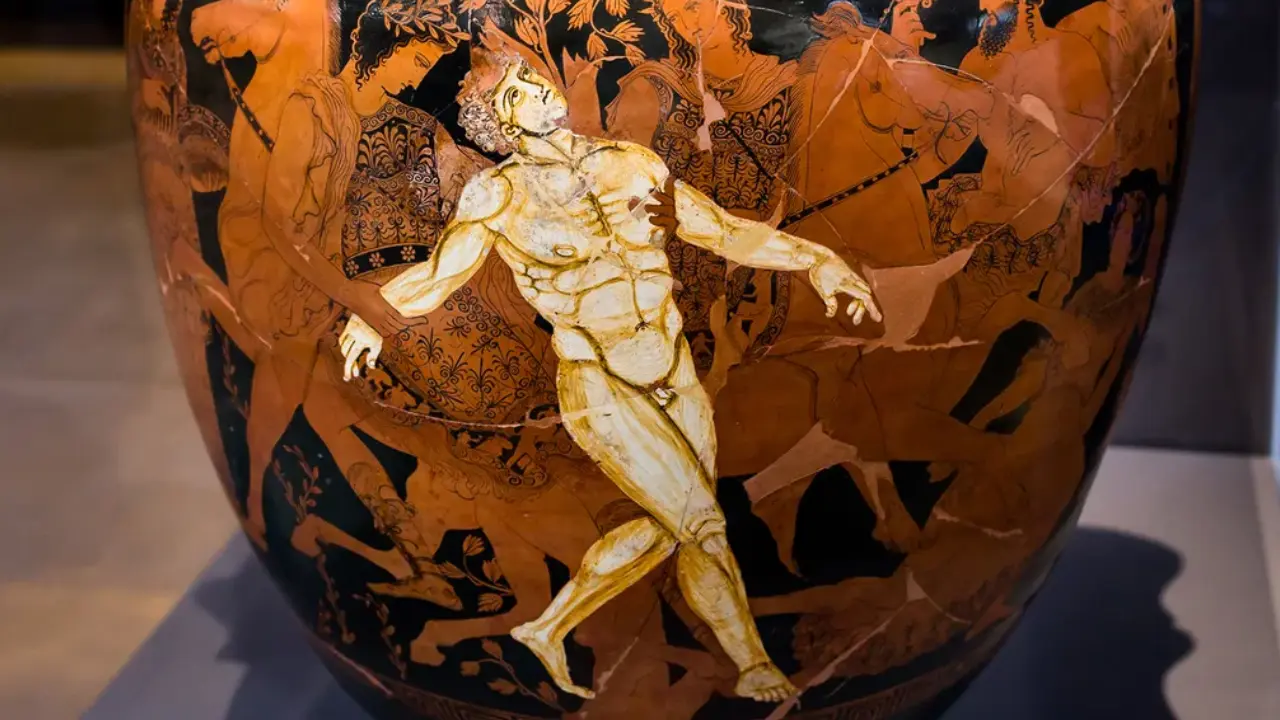
3. AI Can Be an Artist
AI has created paintings that sold for hundreds of thousands of dollars. The most famous? Edmond de Belamy, generated by a GAN (Generative Adversarial Network), sold for $432,500 at Christie’s. AI also writes poems, composes music, and designs logos.
AI art tools like DALL·E and DeepArt can reinterpret famous styles or invent new ones entirely. AI-generated music has made its way into advertising and film scores. These AI systems work by analyzing massive datasets of previous human artworks and then generating original outputs based on pattern recognition and style emulation.
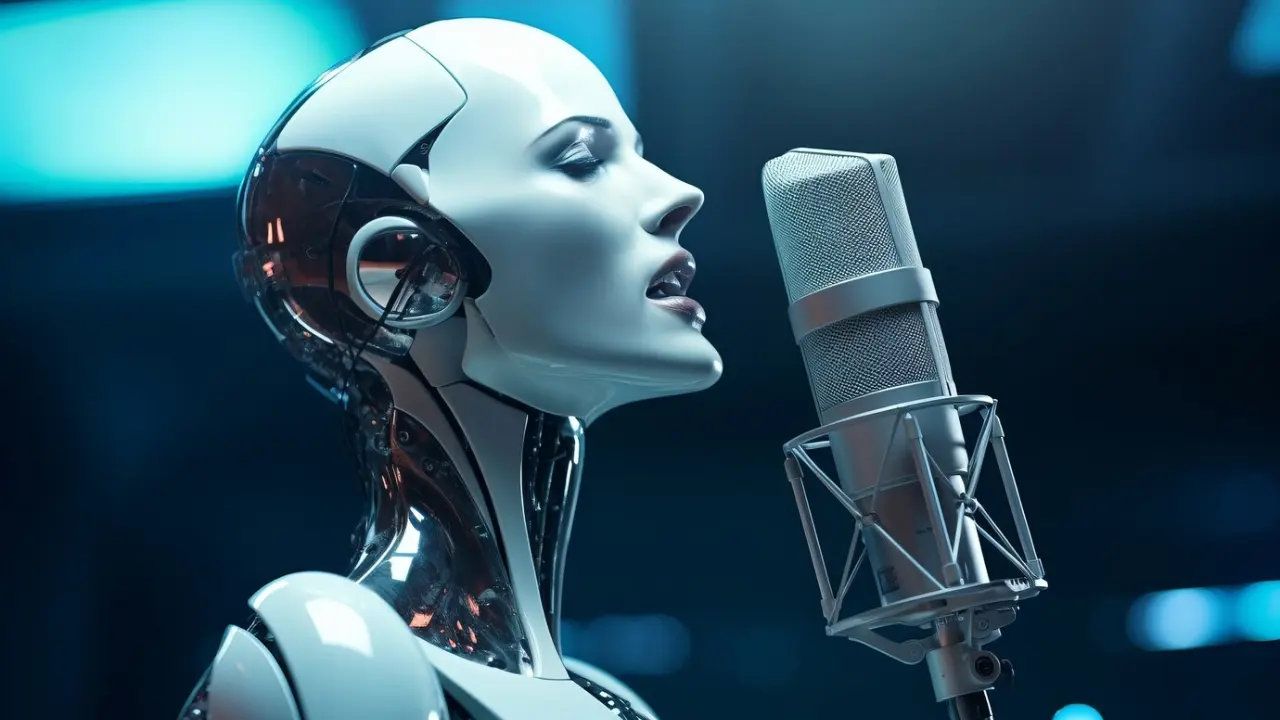
4. Self-Healing Robots Exist
Some AI-powered robots can heal themselves. These robots use soft materials and advanced machine learning to detect and repair damage without human assistance. This innovation is especially promising in space exploration and disaster recovery where human repair isn’t feasible.
Inspired by biological systems, researchers have developed synthetic skins and sensors that mimic natural healing. For instance, some self-healing materials can recover after being cut, punctured, or even burned. These materials are guided by AI to determine the best method and timing for the healing process.
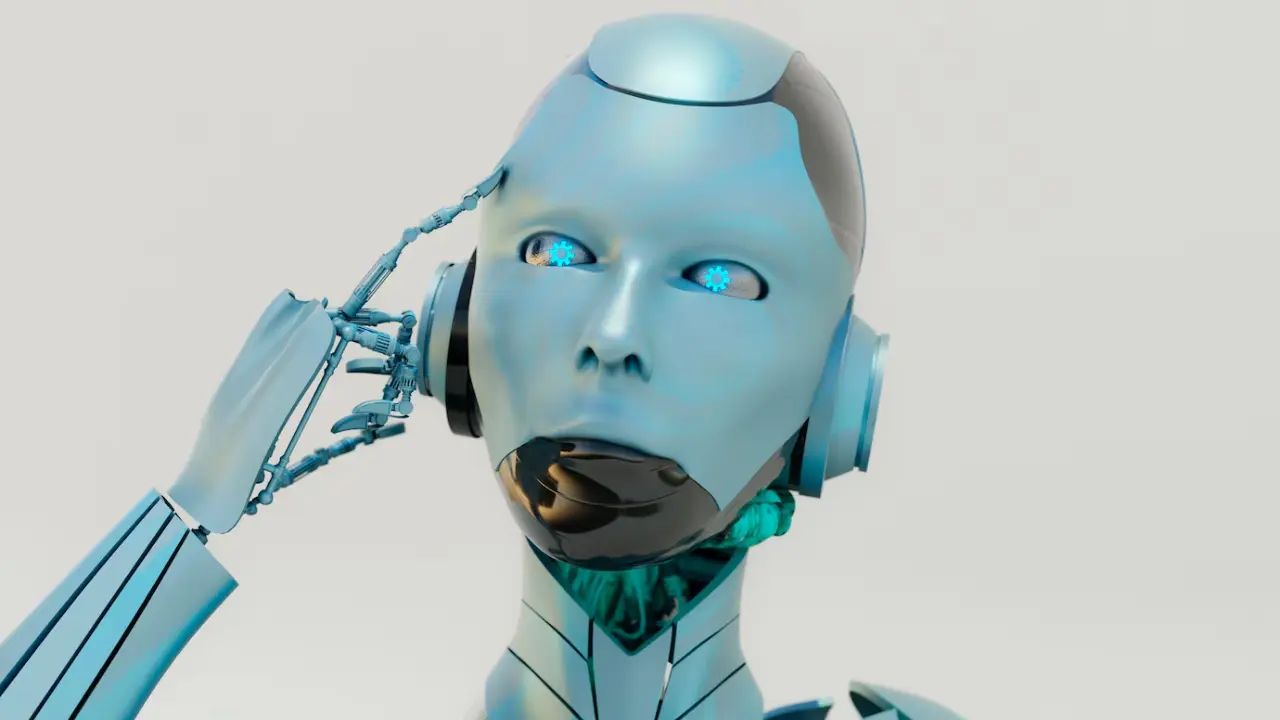
Want to Build Your Own Chat App Like Discord?
Whether for gamers or teams, TechVerdi builds fully scalable, secure chat apps with voice, video, and bot support.
5. AI Startups Attract Billions
AI startups are among the most funded in the world. In 2024 alone, over $75 billion was invested globally in AI ventures, covering industries like healthcare, fintech, autonomous driving, and cybersecurity. Startups like OpenAI, Anthropic, and DeepMind have reshaped the landscape.
These startups are responsible for breakthroughs like ChatGPT, Claude, and AlphaFold, which solved one of biology’s hardest problems: predicting protein structures. Their success stories have led venture capitalists to pour even more money into AI innovation.
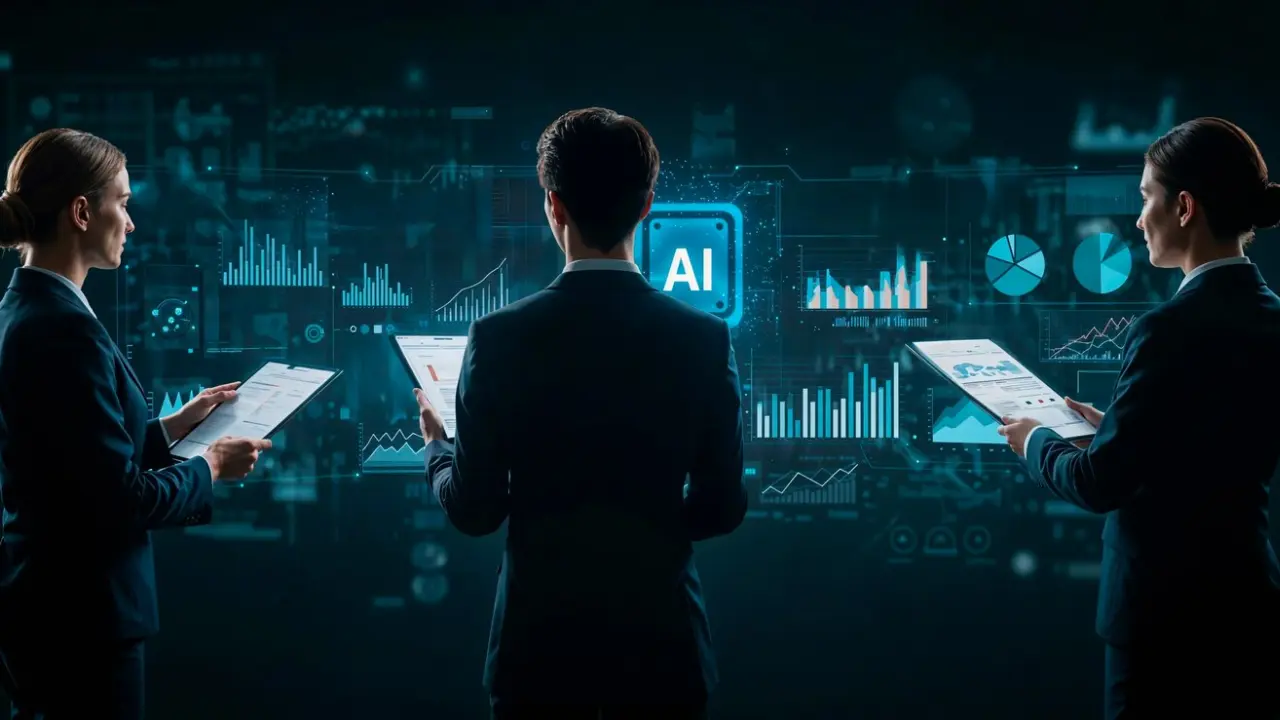
6. AI Is Now Affordable for Small Businesses
You no longer need to be Google or Microsoft to use AI. Cloud platforms like AWS, Google Cloud, and Azure offer pay-as-you-go models, and open-source tools make AI accessible to even the smallest startups.
Additionally, platforms like Hugging Face, Zapier AI, and no-code tools like Peltarion allow businesses with no technical teams to integrate machine learning into their apps or workflows. This means AI isn’t just for big corporations anymore it’s within everyone’s reach.

7. AI Is Revolutionizing Healthcare
AI assists in disease detection, drug discovery, robotic surgery, and managing electronic health records. Tools like IBM Watson and Tempus AI are used to detect cancer and suggest treatments with unprecedented speed and accuracy.
AI is also helping to spot rare genetic conditions by analyzing facial patterns or medical scans that doctors might miss. It’s enabling personalized treatment by predicting how individual patients will respond to different therapies, thus improving outcomes and reducing side effects.
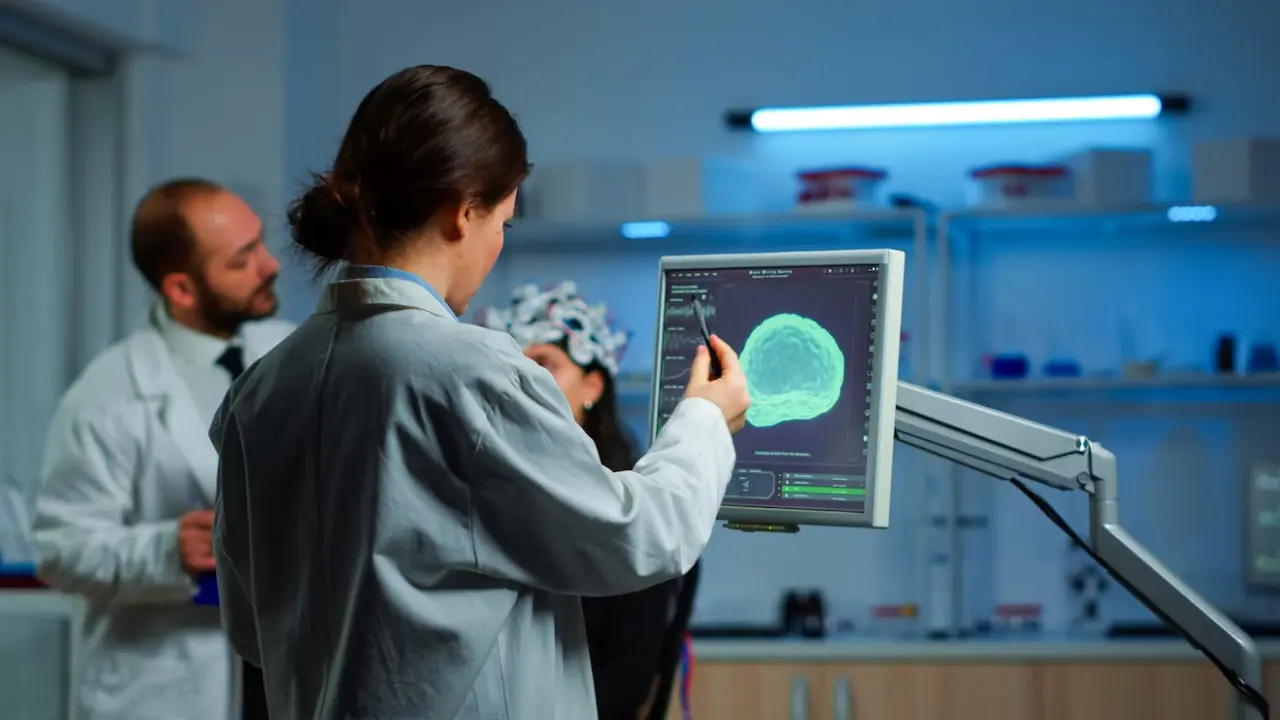
8. AI Is Helping Explore the Universe
NASA’s Mars rovers use AI to navigate rough terrain and identify geological formations. AI also analyzes data from satellites, helping detect exoplanets and monitor space weather patterns.
AI helps astrophysicists sift through petabytes of data from telescopes and space observatories, finding patterns that would take humans years to identify. For example, it played a role in processing the data that captured the first image of a black hole.
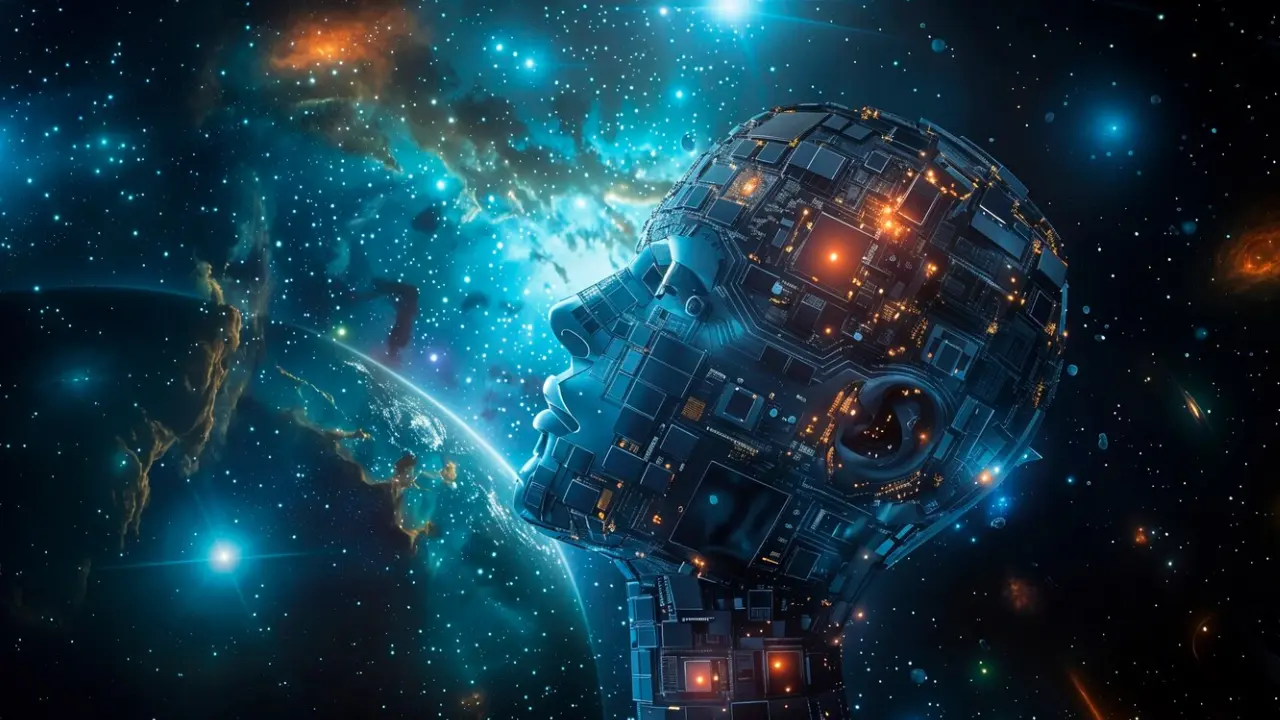
Want to Build Your Own AI Product?
Explore our full-suite AI development services.
9. AI Predicts Equipment Failures
Companies like GE and Siemens use AI-powered predictive maintenance to monitor machinery. AI analyzes sensor data to predict failures before they happen, reducing downtime and saving millions.
These systems analyze temperature, vibration, noise, and other indicators. If an anomaly is detected, maintenance can be scheduled proactively avoiding costly outages in factories, aircraft, trains, or power plants.
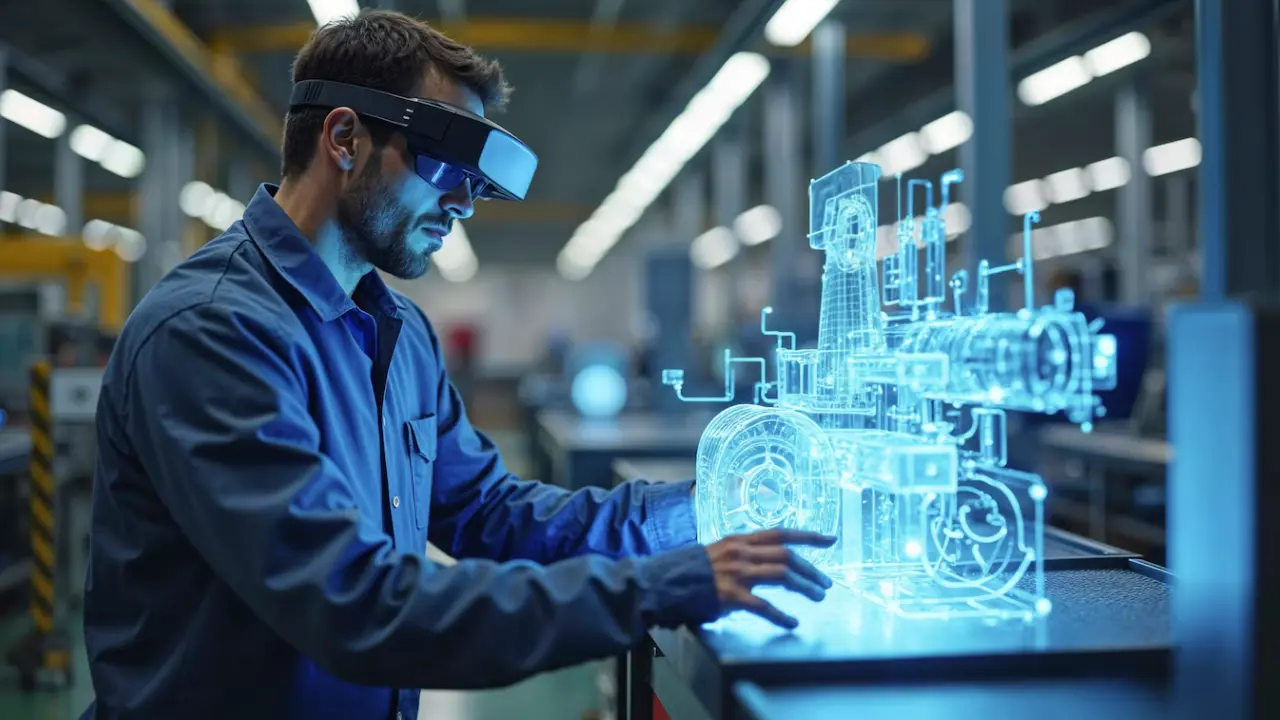
10. AI Drives Profitability
Netflix uses AI to personalize recommendations, which accounts for over 80% of views. Amazon relies on AI for dynamic pricing and inventory management. These strategies significantly increase customer engagement and sales.
Retailers use AI for customer segmentation, demand forecasting, and even fraud prevention. AI marketing tools help brands optimize ad spend and improve return on investment by targeting the right audience with the right message at the right time.
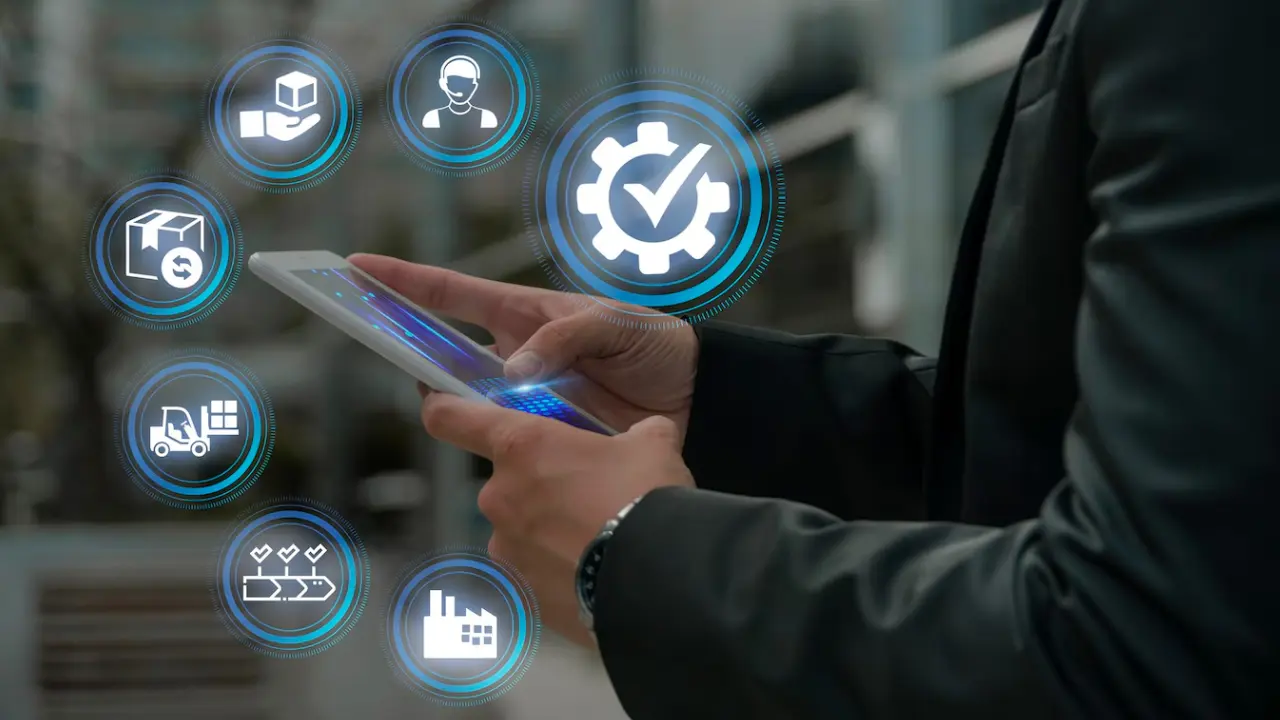
11. China Is Racing Ahead in AI
China has made AI a national priority, aiming to become the global leader in AI by 2030. Its "Next Generation Artificial Intelligence Development Plan" includes billions of dollars in investment toward AI research, infrastructure, and talent development.
Companies like SenseTime, Baidu, and Huawei are building facial recognition systems used in public security, retail, and banking. China also leads in patent filings and research papers on AI. The government’s aggressive push includes AI in schools, healthcare, and smart city initiatives optimizing everything from traffic lights to energy usage.
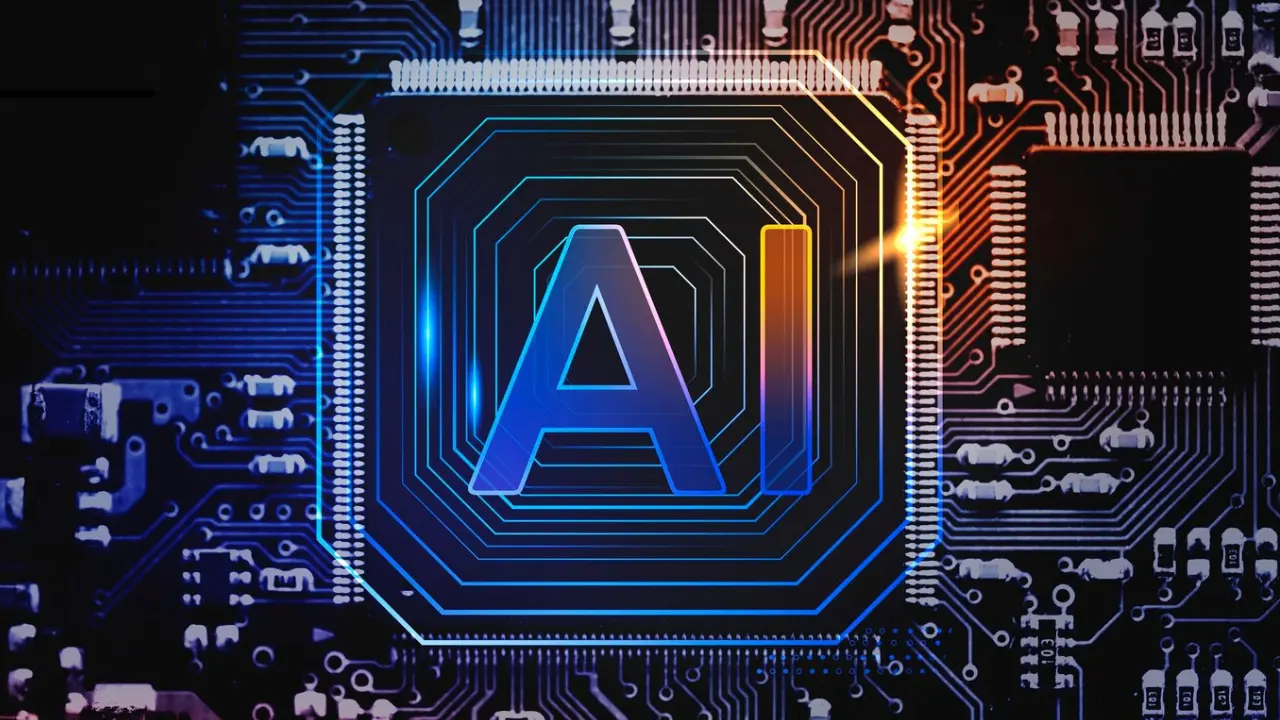
12. AI Played a Big Role in Fighting COVID-19
During the COVID-19 pandemic, AI helped researchers and governments in multiple ways. IBM's Summit, one of the world's fastest supercomputers, analyzed billions of chemical compounds to identify possible treatments. In South Korea, AI algorithms were used to trace contacts and predict outbreak clusters.
AI chatbots handled millions of inquiries from concerned citizens, reducing the burden on healthcare professionals. Moderna used AI to design and test its mRNA vaccine faster than ever thought possible. Predictive models also helped manage hospital bed capacities and track mutations of the virus.

Need Predictive Insights?
Our data science team delivers intelligent analytics.
13. Elon Musk Predicts AI Will Surpass Human Intelligence
Elon Musk has been one of the most vocal figures in both promoting and cautioning against AI. He believes that AI will surpass human intelligence, potentially by the end of this decade. Musk co-founded OpenAI to develop AI responsibly and founded Neuralink to bridge human-AI interfaces.
He has warned about the dangers of uncontrolled AI, advocating for regulation and ethical frameworks. His prediction isn't meant to scare, but to push industries to think responsibly about AI’s future role in society.
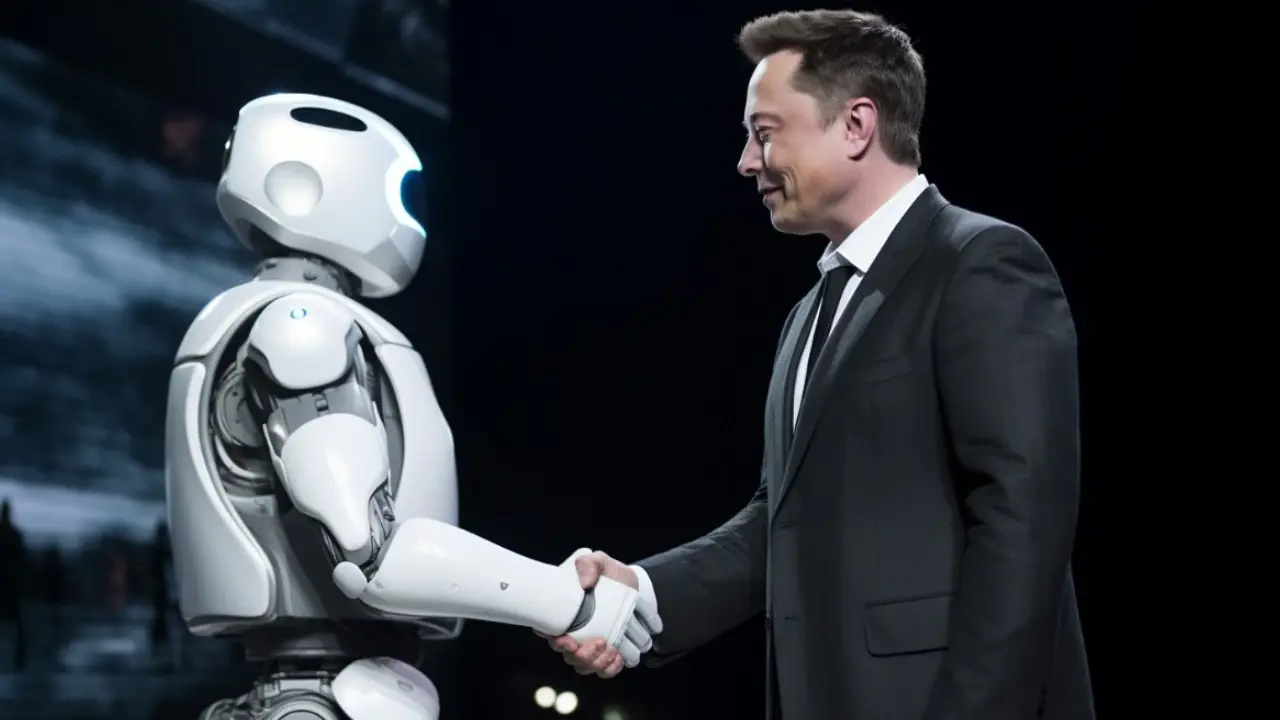
14. AI Poses Ethical and Existential Questions
Many experts worry that AI could pose a threat to humanity if not regulated. From decision-making in warfare to potential job displacement, the ethical implications are vast. Stephen Hawking and Bill Gates have expressed concerns about AI becoming too powerful.
The EU’s AI Act classifies AI use cases into risk categories, imposing strict guidelines on "high-risk" applications such as medical devices and law enforcement. AI ethics includes topics like algorithmic bias, transparency, and accountability.
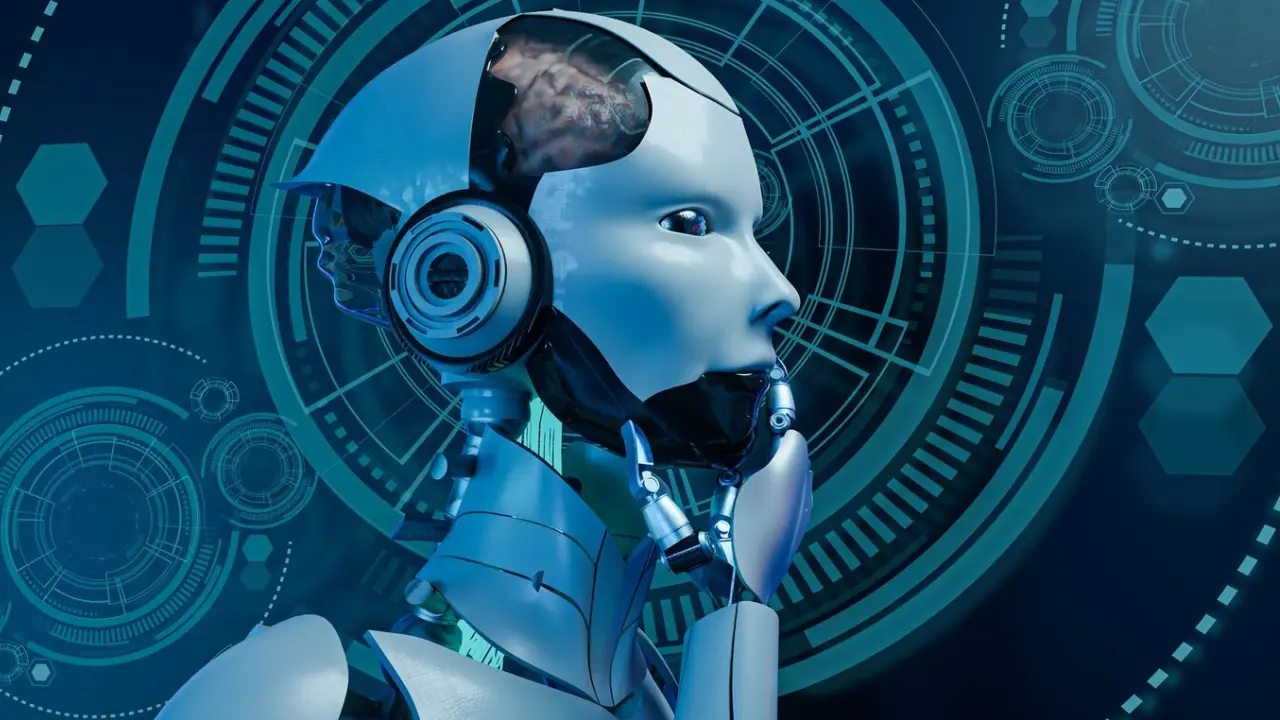
15. AI Could Replace Jobs But Will Also Create New Ones
According to studies, AI could replace up to 300 million jobs by the early 2030s. However, it will also create millions of new roles in areas like AI development, cybersecurity, data analysis, and AI ethics.
Roles like prompt engineers, algorithm trainers, and robot technicians are on the rise. Governments are investing in retraining programs to prepare workers for this new AI-driven economy. For example, Finland offers free online AI courses for its citizens.
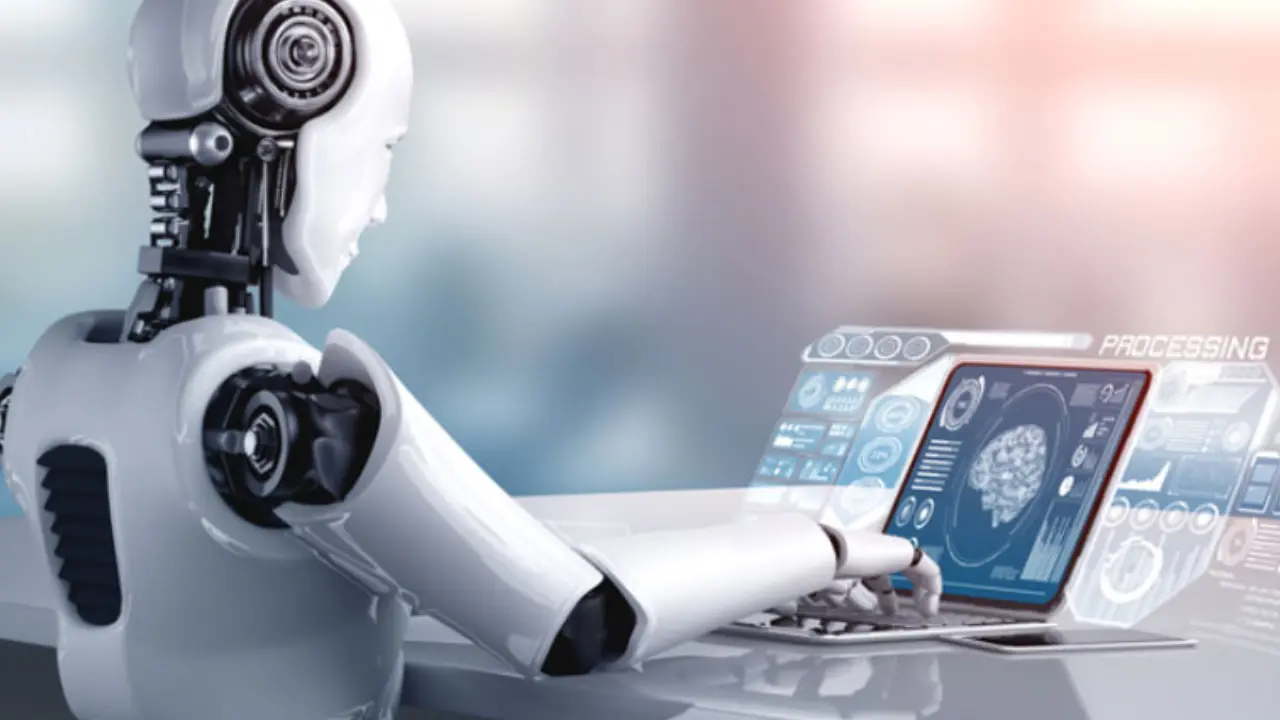
16. The FBI Uses AI for Threat Detection
The FBI employs AI to monitor social media, online forums, and encrypted channels for potential security threats. Machine learning algorithms can detect suspicious patterns and language to flag potential dangers in advance.
This has helped authorities prevent cyberattacks, terror plots, and organized crime activities. While AI improves national security, it also raises questions about digital privacy and surveillance.

Looking for Creative AI Solutions?
From content to design, we help automate creativity.
17. AI Reduces Energy Consumption
Google DeepMind's AI reduced energy use in its data centers by nearly 40%, saving millions in electricity bills. The AI learned how to optimize cooling systems based on real-time conditions.
In homes, AI-powered smart thermostats like Nest learn your behavior and adjust heating or cooling automatically, improving comfort and efficiency. Cities are also using AI to manage streetlights and public transport for better energy use.
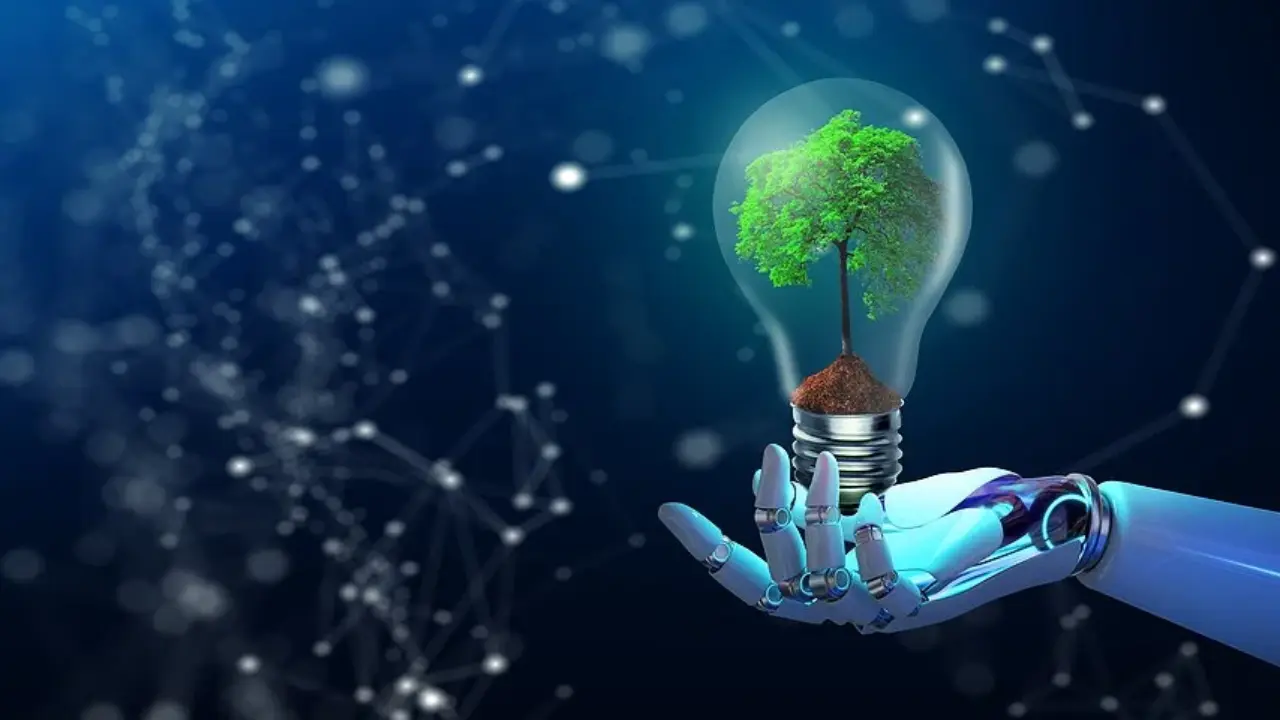
18. A Robot Has Citizenship
Sophia, a humanoid robot developed by Hanson Robotics, was granted citizenship by Saudi Arabia in 2017. Sophia can speak, show facial expressions, and hold conversations.
This sparked international debates about robot rights, legal status, and the ethical boundaries of human-robot relationships. Sophia has appeared at the UN and in global media to promote AI ethics.
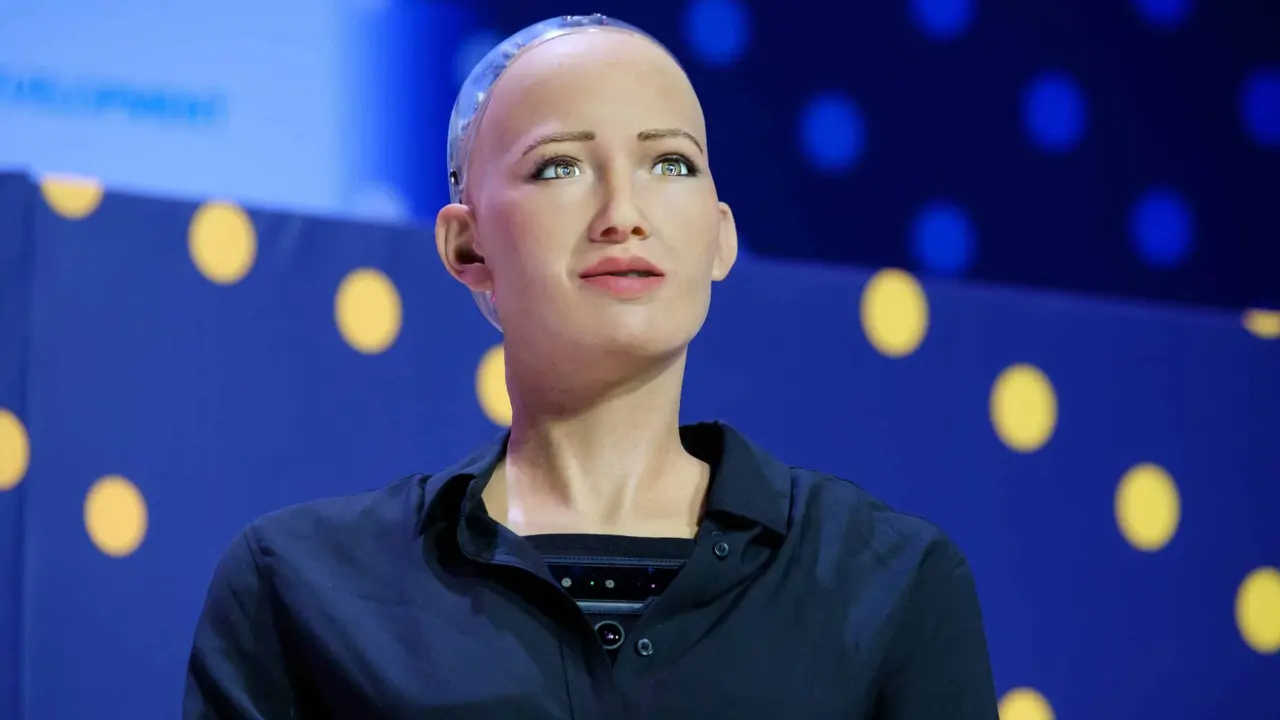
19. AI Can Predict Mortality Rates
AI can analyze medical data to predict the likelihood of death with over 90% accuracy in some cases. This was notably used during the COVID-19 crisis to prioritize treatment for high-risk patients.
By evaluating a patient's symptoms, vitals, and lab results, AI models can suggest personalized interventions that may improve survival chances. These models are still being refined but show great promise in critical care and end-of-life planning.
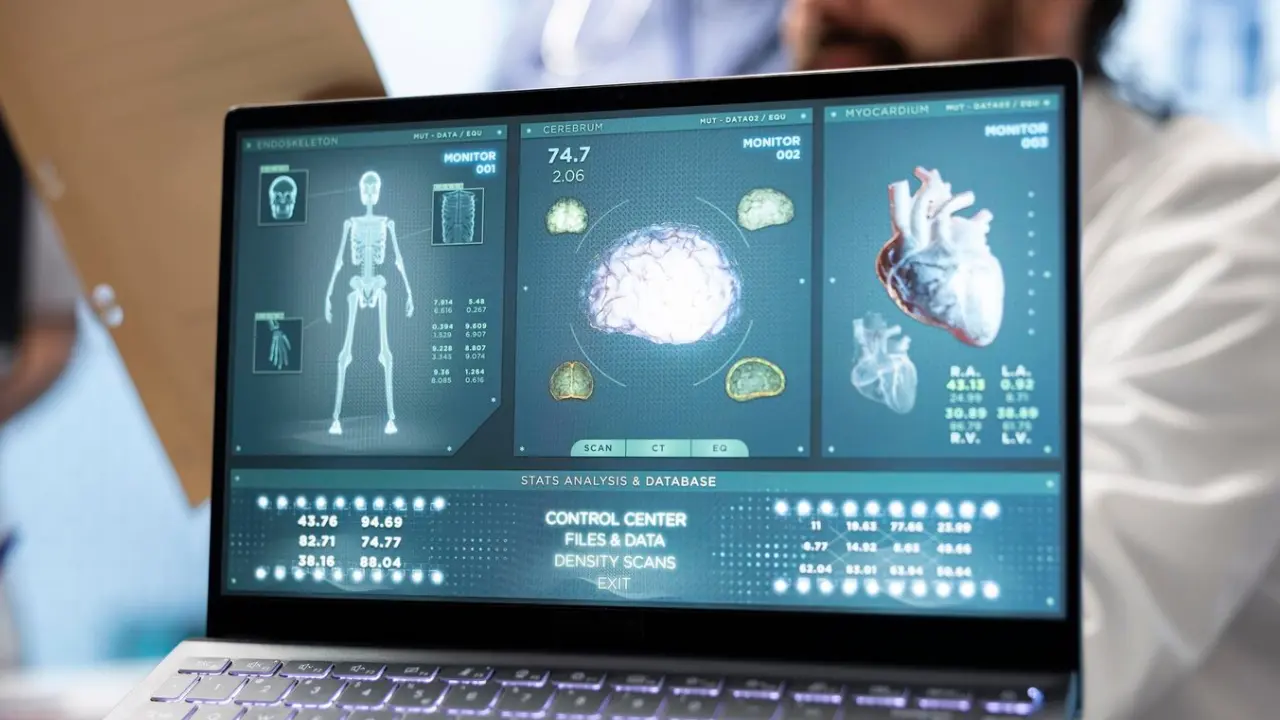
20. The Black-Box Problem Limits Trust
AI systems, especially deep neural networks, often operate like "black boxes"; they produce results without clearly explaining how they arrived at them. This can be dangerous in applications like criminal justice, hiring, and healthcare.
Explainable AI (XAI) is a growing field aimed at making AI more transparent, so users can trust the decisions being made. Regulators are also starting to demand auditability and accountability for high-impact AI systems.
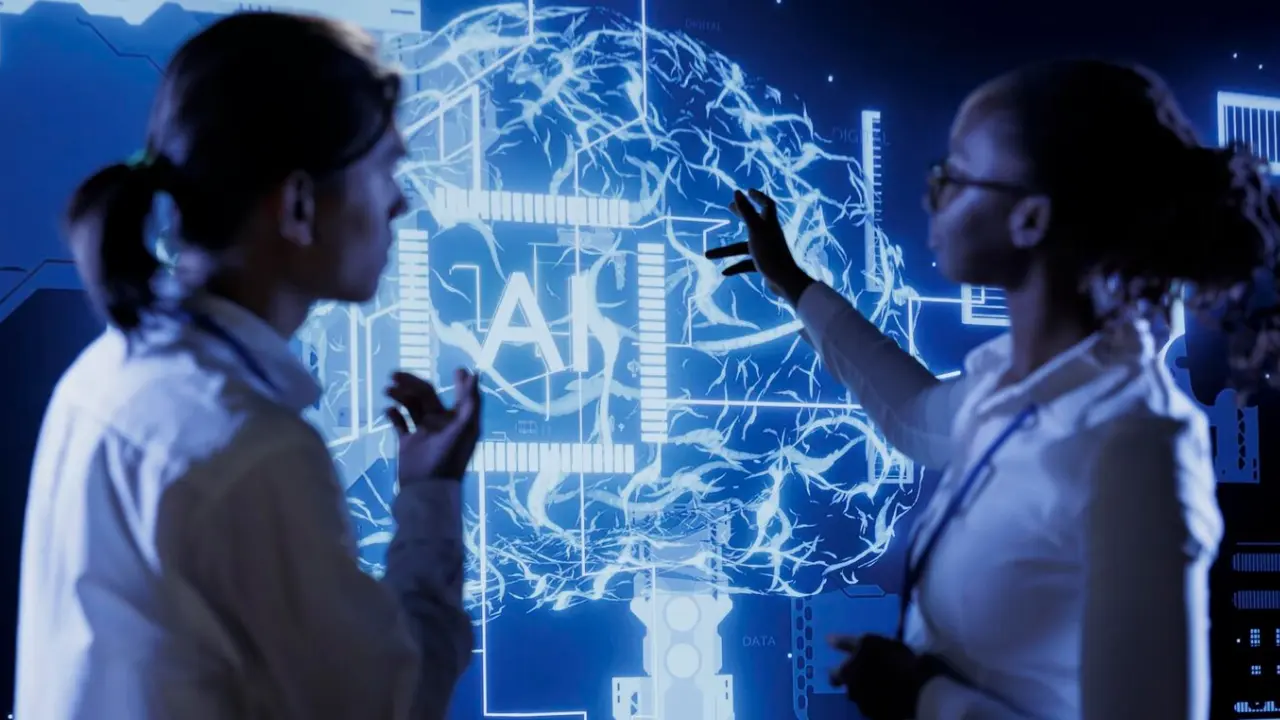
Building an AI Healthcare App?
Improve outcomes with AI-driven healthtech solutions.
21. AI Can Write Code and Build Apps
AI tools like GitHub Copilot and Amazon CodeWhisperer can generate functional code based on natural language prompts. This speeds up software development and helps beginners learn programming faster.
Some platforms even allow users to build entire websites or apps just by describing what they want. This is democratizing software creation and lowering the entry barrier for aspiring developers.
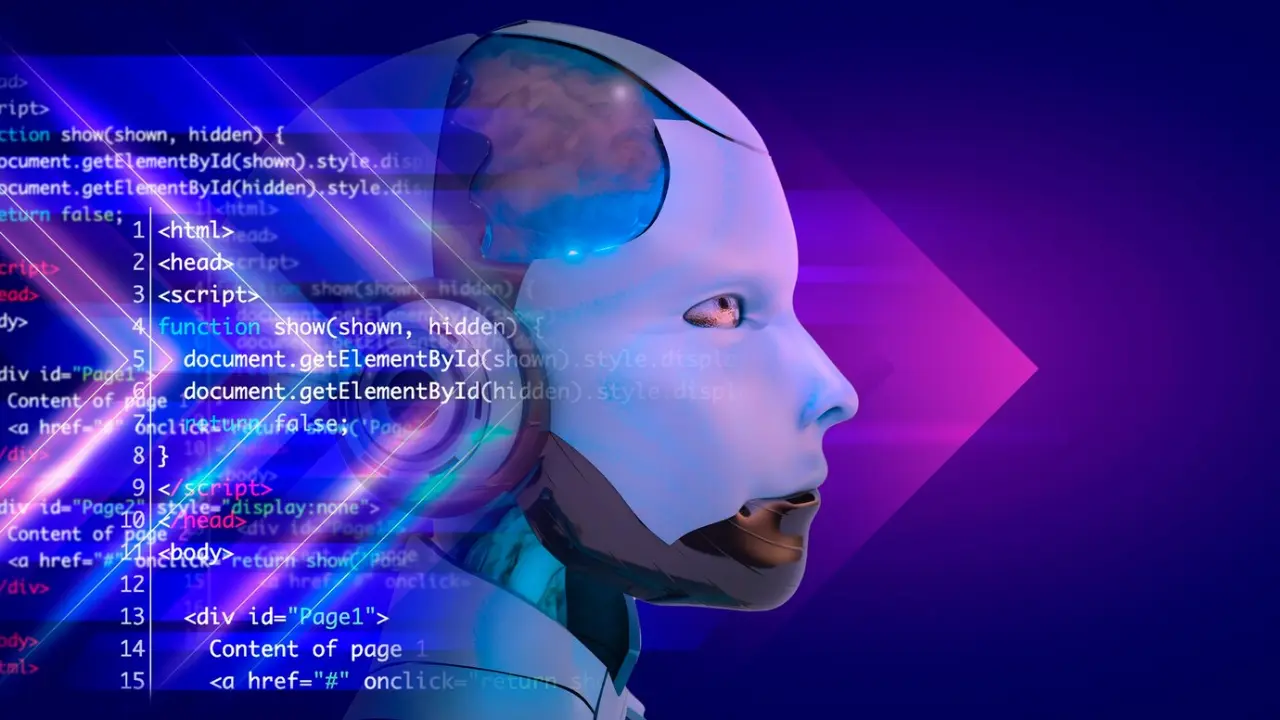
22. AI Detects Fake News
Machine learning algorithms can detect fake news by analyzing writing style, sources, and factual consistency. Platforms like Facebook and Google use AI to reduce the spread of misinformation.
AI tools can also verify news in real time and flag suspicious content. This plays a crucial role in election integrity, public health communication, and social media accountability.
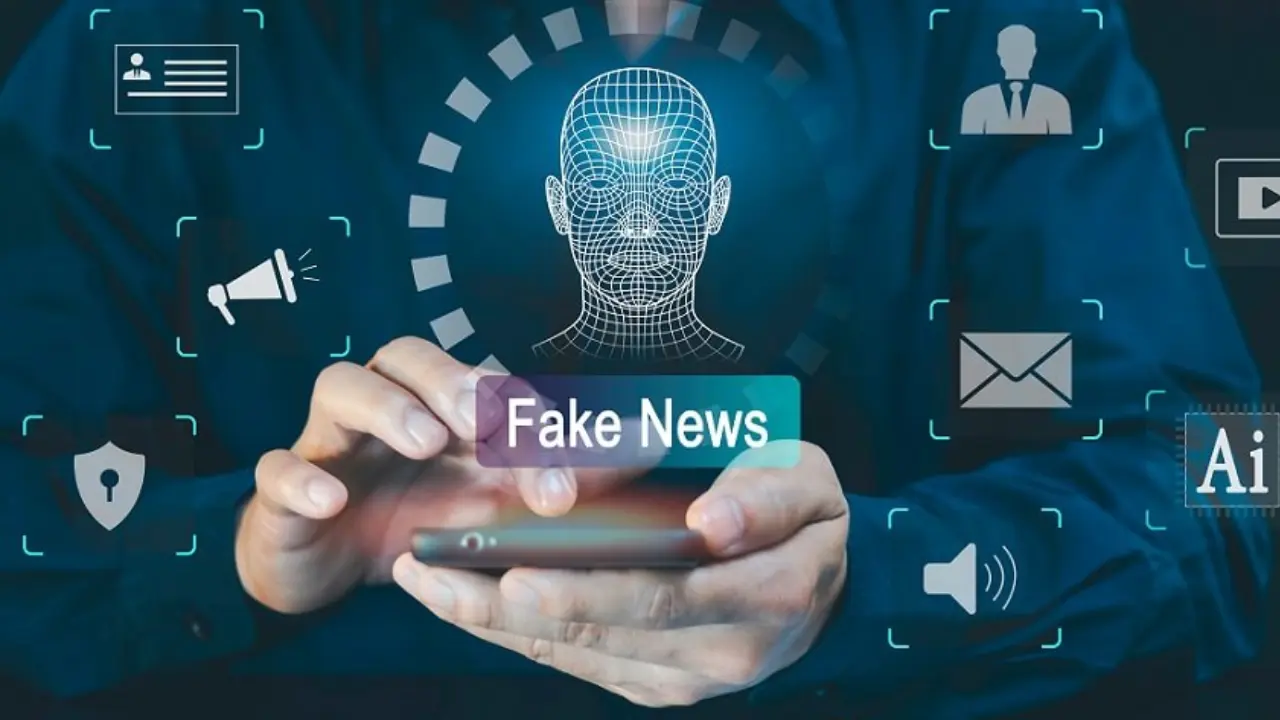
23. AI Enhances Accessibility
AI-powered tools like real-time captioning, speech-to-text, and visual recognition apps help people with disabilities navigate the digital world. Microsoft’s Seeing AI and Google’s Lookout apps are great examples.
These tools make it easier for visually impaired users to read, move around, and engage with content. Voice assistants and predictive text also support users with mobility or cognitive impairments.
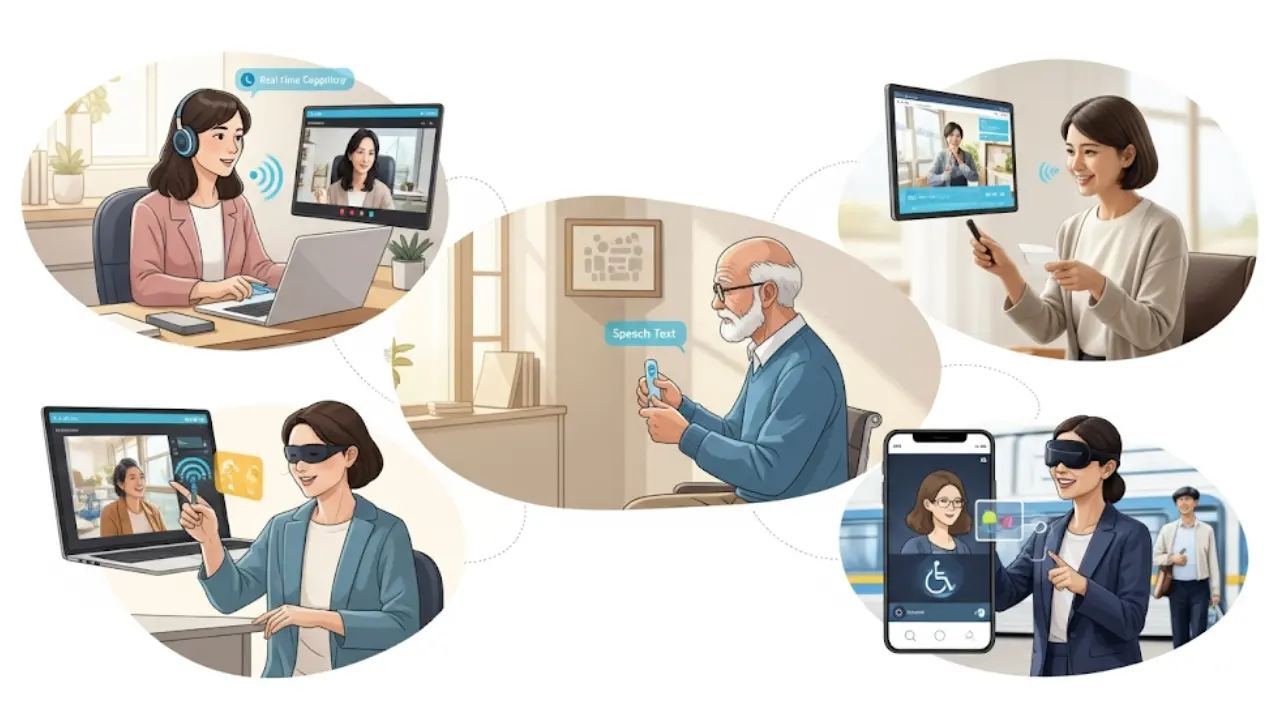
24. AI Can Design Buildings and Cities
AI is used in architecture and urban planning to optimize designs for sustainability, traffic flow, and energy efficiency. Tools like Spacemaker and Autodesk use AI to test different design scenarios.
Urban planners use AI to simulate population growth, climate effects, and emergency responses leading to smarter, greener cities. This reduces construction costs and makes cities more livable.
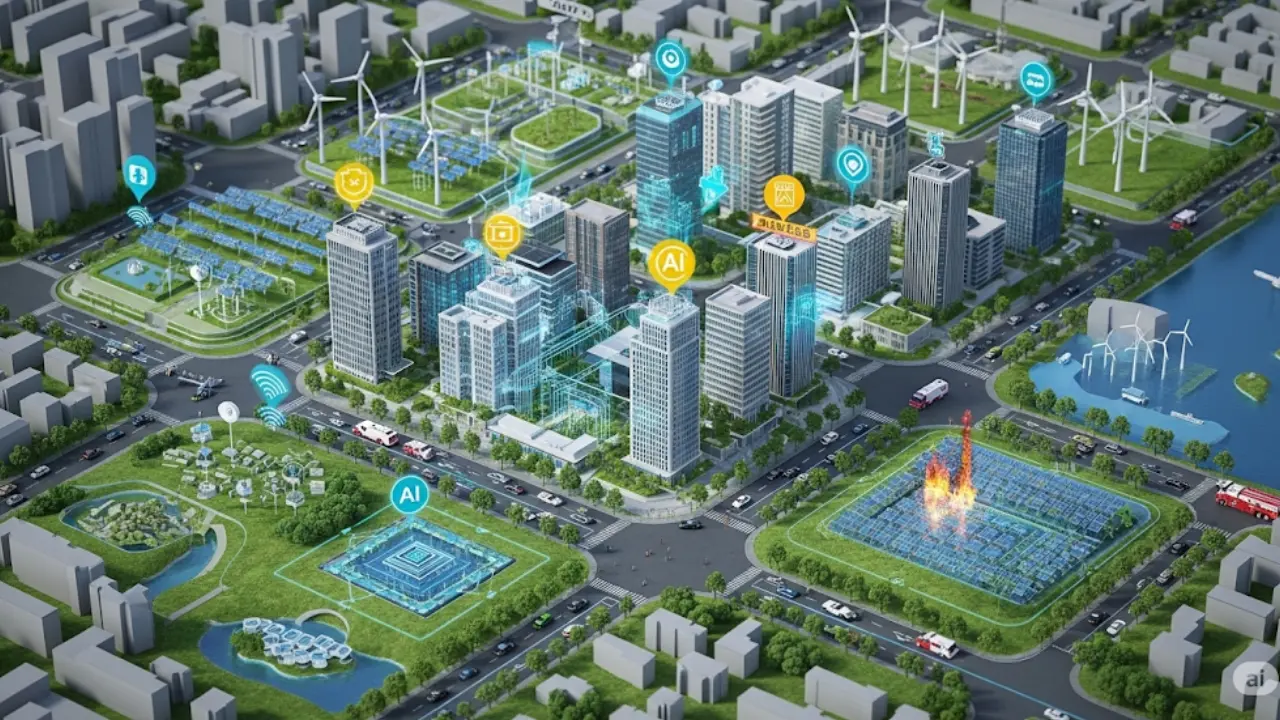
25. AI Can Read Emotions
Some AI systems can recognize human emotions by analyzing facial expressions, voice tones, and even typing patterns. This technology is used in customer service, education, and mental health apps.
While promising, emotion-recognition AI has raised concerns about bias, consent, and misuse. Still, when used responsibly, it can enhance human-computer interaction and provide insights into well-being.
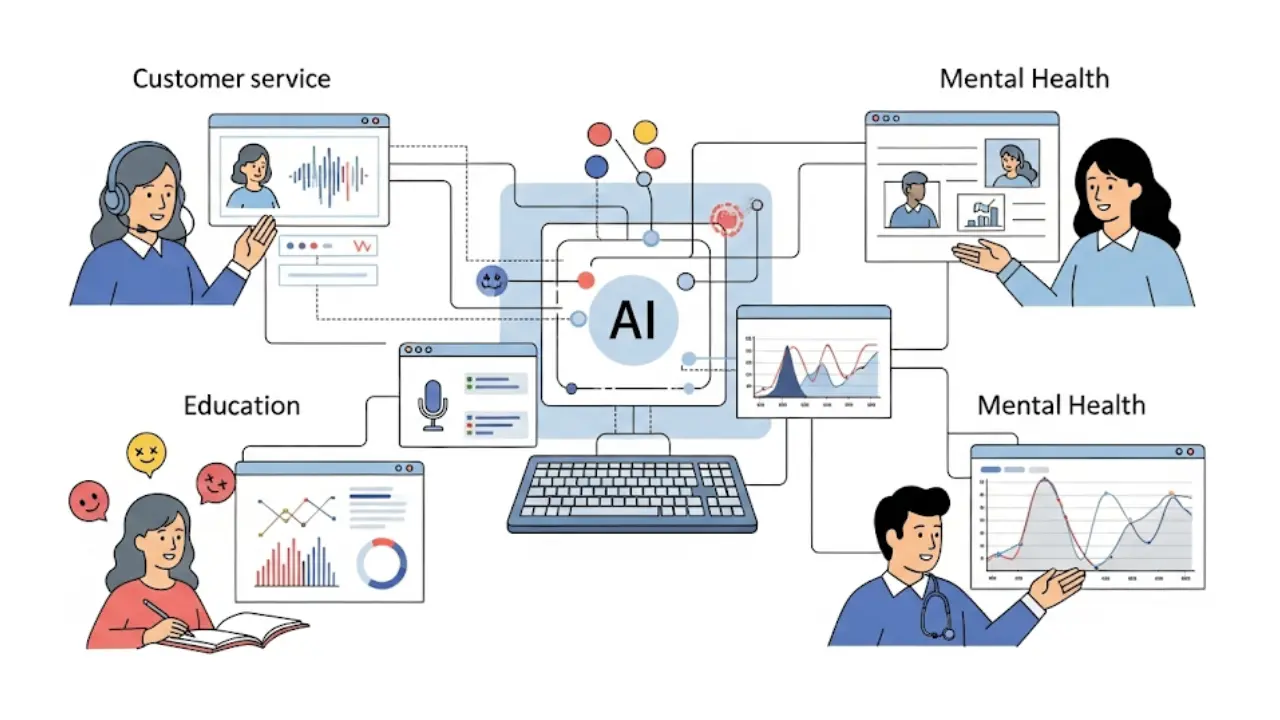
Want to Scale Your Business with AI?
Use AI to drive revenue, optimize workflows, and delight users.
Takeaways
- AI is creative, smart, and reshaping industries from art to healthcare.
- You don’t have to be a tech expert to understand or benefit from AI.
- The future of AI is exciting but needs ethical responsibility.
- Businesses big and small can use AI to grow, automate, and innovate.
Frequently Asked Questions (FAQs)
One of the most surprising facts is that AI can now create original art, music, and poetry — even selling a painting for over $400,000 at an auction.
While AI will replace some jobs, it will also create many new roles like AI trainers, ethicists, and data analysts.
Yes, when properly designed and regulated, AI enhances diagnostics and decision-making. Ethical frameworks like the EU AI Act ensure safety.
Studies show users find female voices more pleasant and clear, which improves the user experience.
Small businesses can use AI for marketing automation, chatbots, predictive sales, and customer insights using affordable, cloud-based tools.
